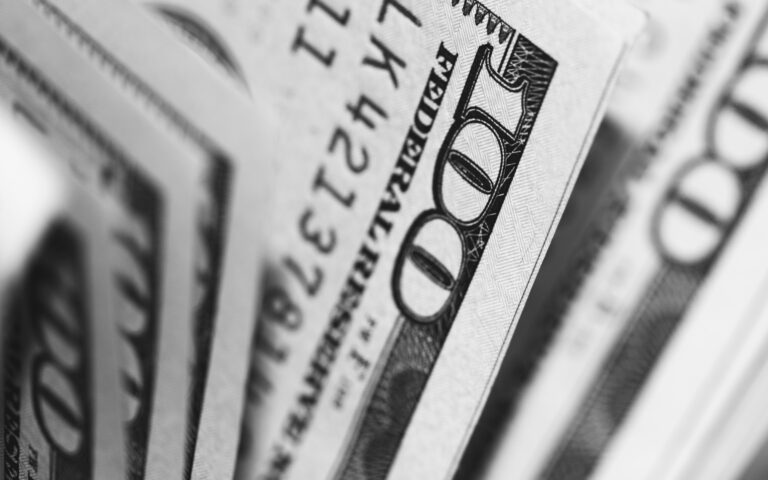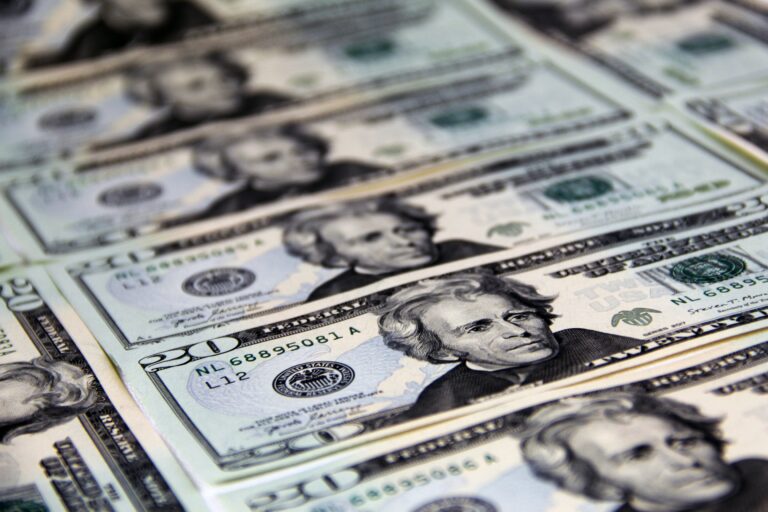
Morning Brief – Will they, won’t they
Will they, won’t they
It’s one week to the day until the next Bank of England decision. It will prove critical to the value of GBP and perhaps prove to be a defining feature of the currency market for at least the first quarter of this calendar year. Bank rate in the UK currently sits at 3.5%. The debate surrounding the Bank of England raising rates next week is not an if, merely a case of by how much will they raise the interest rate. The dominant expectation in the market is for a hike in rates of 0.5%. Looking at market pricing for contracts straddling this date, there is approximately two-thirds of a 0.5% point hike in interest rates already priced in by the market. We can see this by comparing short term interest rate contracts trading before and after the decision. Those priced shortly after the decision show an implied yield of around 3.83%, 0.33% higher than current bank rate, meaning that the majority of a 50-basis point hike is priced in. However, the reason why pricing for UK rates has been undermined of late is because of concerns surrounding whether the UK economy can afford such sustained pressure on the cost of borrowing.
Of all G-7 countries, the UK is the only nation not to have restored growth back to pre-pandemic levels. Investment is also running below average. This means that despite some optimistic growth statistics thrown in between for good measure, there are still major concerns over the UK economy and consequently questions over whether it could weather yet another 50 basis-point hike next week are prudent. Looking at recent data, we can see GBP was given a lift by the expansion in the economy in November versus October of 0.1% that narrowly avoided the UK being classed as an economy in recession. However, growth as a whole still remains weak with a significant probability of recession for the year ahead, something policy makers will be considering closely ahead of their meeting next week.
If the BoE does disappoint market pricing, whilst it may be what the economy needs, it will not be what Sterling wants. There could and probably should be a fall out in GBP following the decision (should 25 basis points be the decision adopted by the MPC) whilst investors price in lower immediate rates and also adjust the level and timing of peak monetary tightening in the UK. To do so, policy makers will need to look closely at still severely elevated inflation to ask if they can justify only a 25 basis-point hike. With inflation still at 10.7% year-on-year as of December, that is a hard question to answer. However, due to the hurt that excessive tightening could inflict upon growth by pushing consumers beyond breaking point, I find it more likely at least than the market is suggesting that the BoE opts for a smaller 25 basis-point hike on Thursday next week. This would send GBP lower and bonds higher as a lower terminal and immediate rate of interest is priced into UK assets.
Discussion and Analysis by Charles Porter

Related Insights

Daily Brief – Weren’t Tariffs USD Negative?
Weren’t Tariffs USD Negative? The Dollar proved sensitive to headlines regarding trade during the US overnight session. However, contrary to what many commentaries would have you believe, as the risk of tariffs escalated the Dollar rose. The 90-day pause following Trump’s April ‘liberation day’ tariffs had been set to expire this coming Wednesday. To the […]

Daily Brief – Dollar Reserves
Dollar Reserves With the passing of Trump’s original deadline for the reimposition of liberation day tariffs yesterday, markets have breathed a sigh of relief. July VIX futures continued to slide lower. Moreover, what may surprise anyone who had been expecting the issue of tariffs to resurface following the passing of Trump’s new deadline, so too […]

Daily Brief – Big Girls Don’t Cry
Big Girls Don’t Cry A bond market tantrum and one of the sharpest one day sell offs in Sterling for several years appear to have been catalysed by the Chancellor’s appearance in PMQs yesterday. First: the back story. This Labour government has faced some embarrassment in recent weeks trying to get its welfare bill through […]


